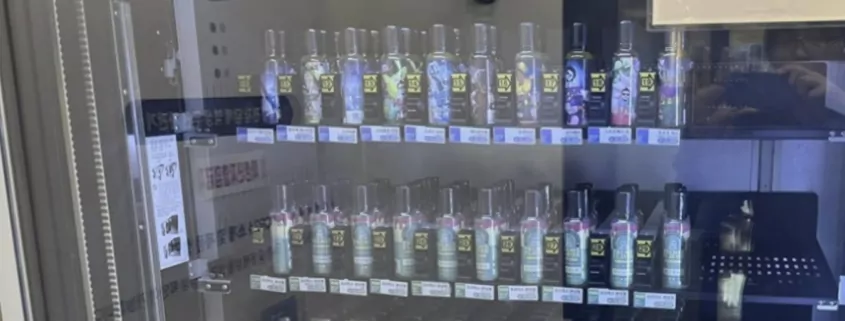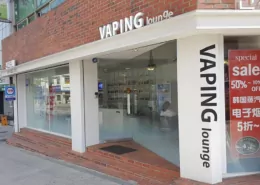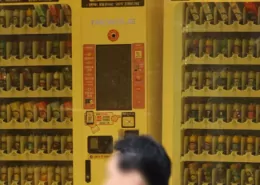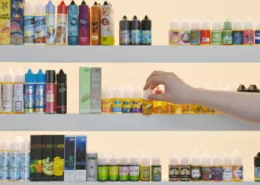South Korea Calls Stricter E-Cig Laws, Synthetic Nicotine Ban
South Korea is grappling with increasing e-cigarette use, especially among young people, prompting calls from bodies like the National Assembly Research Service for urgent regulatory action. A key concern is the current legal loophole for synthetic nicotine, which is not classified as a tobacco product under existing laws, thereby evading tobacco taxes and stricter sales regulations.
The Research Service proposes amending the Tobacco Business Act to redefine “tobacco” to include products manufactured from nicotine as a raw material, thus bringing synthetic nicotine e-cigarettes under full regulatory scope. This would enable a ban on online sales of these products. They highlighted that countries like the US, UK, and the EU have already included synthetic nicotine in their regulatory frameworks and implemented measures like flavor bans to curb youth access.
This call comes as data shows a significant shift in nicotine consumption. While traditional cigarette sales decreased by 3.2% between 2018 and 2023, sales of heated tobacco products nearly doubled in the same period. Flavored tobacco products have also surged in popularity, rising from 9.8% of total tobacco sales in 2013 to 46.7% in 2023, believed to lower the barrier to smoking initiation for youth and women. Despite a general decline in adult smoking over the past decade, 2023 saw a concerning rise in smoking rates for both adult men and women compared to 2022. For instance, smoking among 50-year-old men rose from 32.5% to 42.1%, and among 20-year-old women from 5.8% to 12.1%.
The Research Service also pointed to the rapid spread of unmanned (vending machine) vape shops as a social concern, suggesting the application of existing tobacco vending machine regulations and mandatory age verification technology to prevent youth access. They further urged a ban on adding sweeteners or flavorings to synthetic nicotine products and called for government efforts to encourage self-regulation by online video platforms to minimize exposure of tobacco products to minors.








